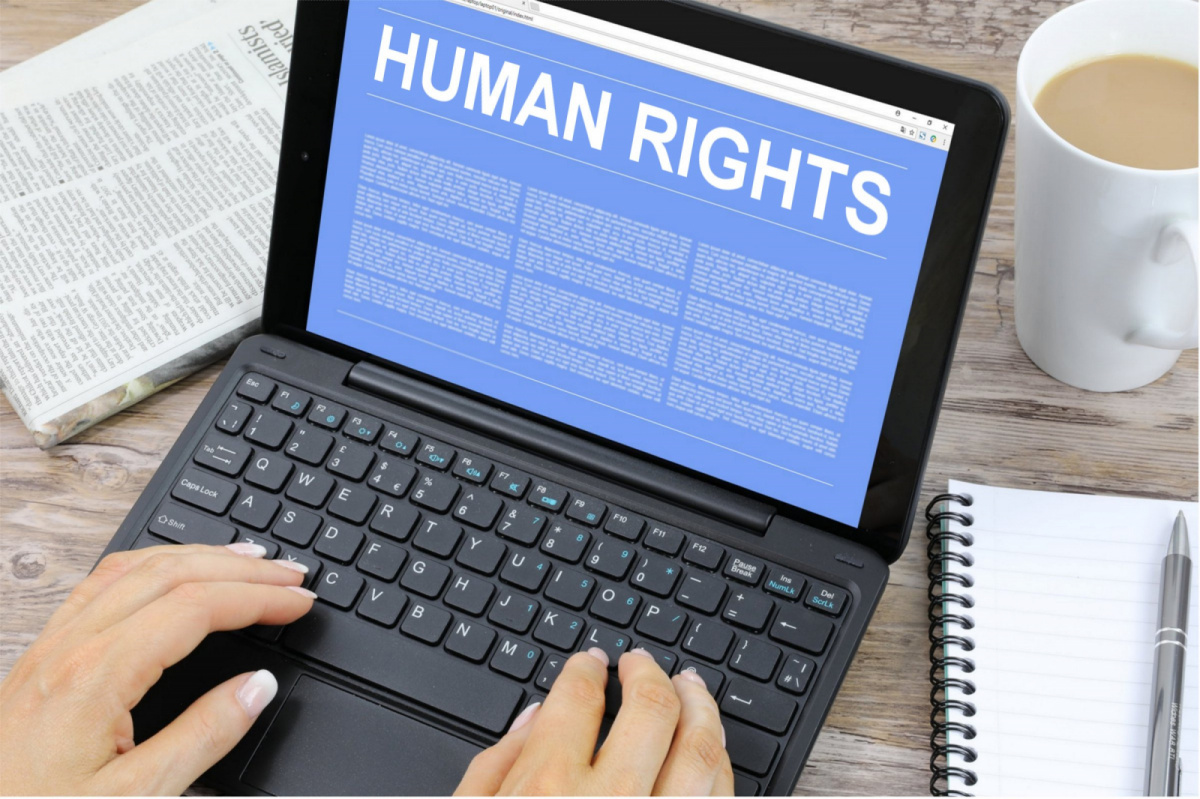Bangkok, April 2025 – Human Rights Watch (HRW) has called on Thai authorities to immediately release Paul Chambers, a U.S. academic detained on charges of lèse majesté and cybercrime, citing serious concerns over freedom of expression and academic liberty.
Chambers, a political analyst and university lecturer long associated with Thai military and political studies, was arrested on April 8, 2025, under Article 112 of Thailand’s Criminal Code, which criminalizes defamation or insults against the monarchy. The controversial law carries a maximum sentence of 15 years per offense. He also faces charges under Thailand’s Computer-Related Crime Act (Article 14), linked to a webinar blurb he allegedly authored, which suggested elements of the Thai military were critical of the royal institution.
According to Human Rights Watch, Chambers’ detention poses “a serious threat to academic freedom and free speech in Thailand.” Elaine Pearson, HRW’s Asia Director, stated:
“The baseless prosecution of Paul Chambers poses a serious threat to academic freedom and free speech in Thailand. As a new member of the UN Human Rights Council, the Thai government should be taking concrete steps to promote human rights rather than undermining them.”
(Human Rights Watch statement, April 9, 2025)
Chambers has denied all charges. Despite this, the Phitsanulok Provincial Court denied him bail, leaving him in pre-trial detention, as confirmed by HRW.
The U.S. Department of State also weighed in, confirming that consular officials are in contact with Chambers. Spokesperson Tammy Bruce expressed concern over Thailand’s use of imprisonment to enforce royal defamation laws, stating:
“Consular officers from the U.S. Embassy in Bangkok are providing all appropriate consular assistance to Mr. Chambers.”
Lèse Majesté and International Scrutiny
Thailand’s lèse majesté law, among the harshest royal defamation laws globally, has been repeatedly criticized by the United Nations. The UN Human Rights Committee, in its General Comment No. 34 on Article 19 of the International Covenant on Civil and Political Rights (ICCPR), affirms that states must not impose harsher penalties based on the identity of the offended party, including royalty, nor restrict legitimate institutional criticism.
In November 2024, the UN Working Group on Arbitrary Detention urged Thailand to release a human rights lawyer similarly detained under the law, calling the practice a violation of international norms. The Chambers case appears to follow a troubling pattern of legal weaponization against dissent, critics argue.
Thailand’s recent election to the UN Human Rights Council has brought heightened expectations for alignment with international rights standards. However, rights groups warn that cases like Chambers’ may signal continued resistance to reform.
Sources:
- Human Rights Watch Press Release (April 9, 2025)
- U.S. Department of State briefing (April 10, 2025)
- Matteo Piccioli, Jurist.org | Maastricht University Faculty of Law
- UN Human Rights Committee: General Comment No. 34 on Article 19, ICCPR



